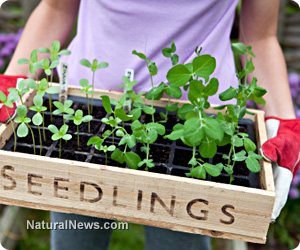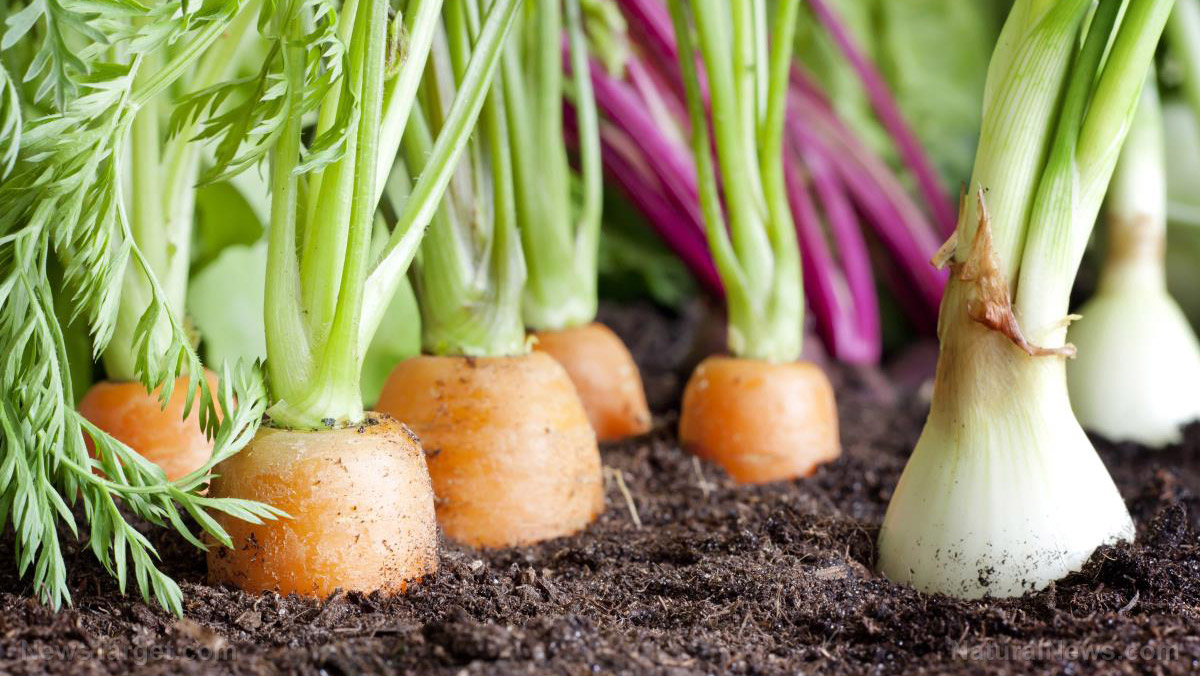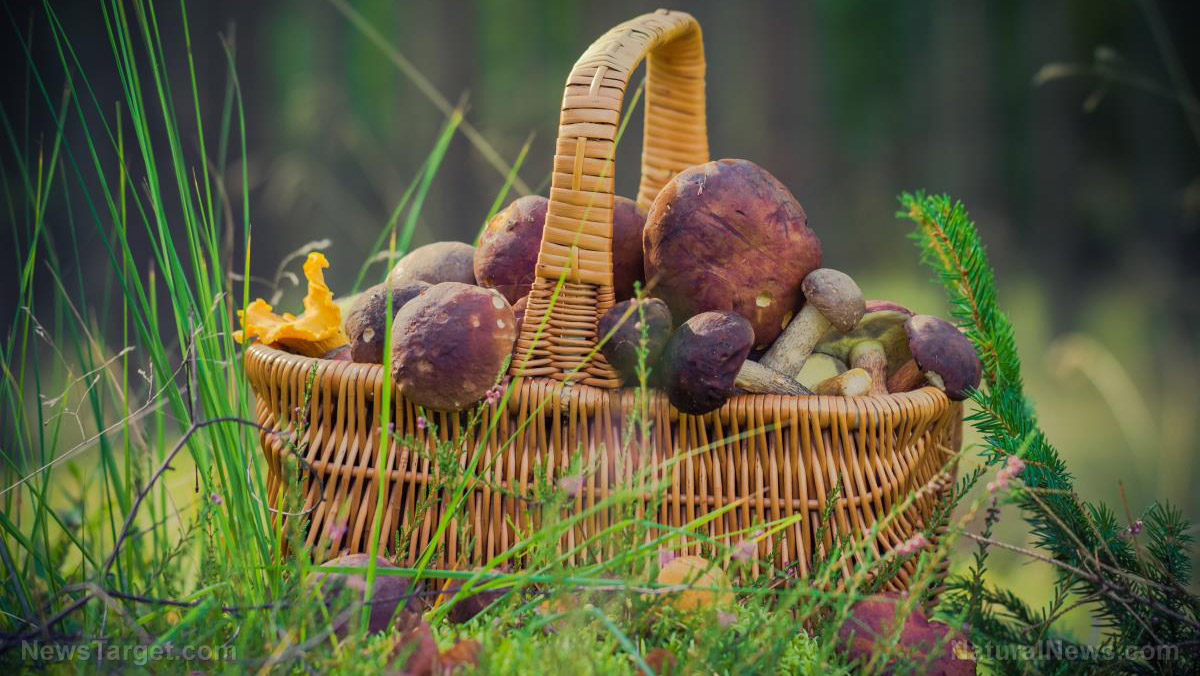
Advertisement
Going organic is fast gaining a foothold among those in the U.S. farming sector over the past few years – and with good reason. Not only are vegetables and other produce from organic farms more nutritious, but the farms themselves are also more sustainable and present more benefits to both the community and the environment when compared to conventional farms.
However, there are still others who are not familiar with organic farming.
How did organic farming start?
The concepts behind organic farming were first developed by agricultural researcher and botanist Albert Howard, who, in the early 1900s, posited that methods such as using animal waste as fertilizer, the planting of cover crops and using natural pest control methods would result in a better farming system.
These practices would be further promoted by various advocates such as editor J.I. Rodale and his son Robert, who in the 1940s, started publishing magazines and texts related to sustainable and regenerative agriculture.
The public’s curiosity regarding organic farming was amplified in the 1960s, after the publication of Rachel Carson’s Silent Spring, which documented the extent of environmental damage caused by insecticides and other destructive farming practices.
What goes on in an organic farm?
Organic farming, as laid out by the National Institute of Food and Agriculture (NIFA), typically focuses on restricting the use of certain conventional tools such as synthetic fertilizers and pesticides. This has the benefit of lessening the amount of synthetic chemicals that could potentially leach into waterways.
Furthermore, because organic farms use fertilizers derived from natural sources and nitrogen-fixing cover crops, organics and nutrients are recycled back into the soil, thereby ensuring its fertility.
According to experts, there are several ways in which a farmer can practice organic farming:
Embracing polyculture
Polyculture, as noted by experts, refers to planting multiple crops on a given expanse of land, either through crop rotation or by planting rows of different plants side-by-side. This method, unlike monoculture, uses nutrients, space, and energy in a more balanced manner. In addition, it also has several benefits, such as increased biodiversity and improved soil health.
Effective and sustainable soil management
Aside from polyculture, organic farming can also take the form of sustainable soil management, in which farmers find ways to maintain good soil health.
Sustainable soil management involves planting cover crops and using mulch to prevent soil erosion, as well as add nutrients and organic matter to the soil.
Use organic compost
Unlike synthetic fertilizers that can pollute local water supplies and harm wildlife, organic compost is generally safe and has a slew of benefits that are absent in synthetic fertilizers.
Compost, aside from acting as plant food, also encourages the production of beneficial bacteria and fungi in the soil. These organisms, the EPA said, help break down organic matter, to create nutrient-rich humus, thus ensuring the soil’s fertility for years to come.
Practice organic, no-till farming
Conventional farming advocates tillage, or the practice of breaking and digging up the soil, after every harvest. This practice helps break up soil compaction and helps eliminate weeds. However, it also makes the soil more vulnerable to erosion, and even destroys important underground fungal networks which means it can drastically reduce the soil’s fertility.
A viable alternative to this, experts have said, is the adoption of no-till practices.
No-till practices protect the soil by leaving crop residue on its surface. This layer of residue, experts said, allows the soil structure to stay intact, which then increases its ability to absorb water and prevent soil erosion.
In addition, no-till practices also help increase irrigation efficiency, thereby leading to higher crop yields.
Practice organic livestock management
Organic livestock management involves raising animals without subjecting them to synthetic food, antibiotics, or artificial growth hormones. In addition, the animals must have year-round access to the outdoors and must be allowed to graze and forage throughout the entire area.
As noted by the institute, having livestock on a farm and managing them in an organic manner can result in a multitude of benefits, one of which is the improvement of the soil and the elimination of unwanted plants and weeds.
Practice crop rotation
Monoculture, or the cultivation of a single crop in a given area, can quickly deplete the nutrients in the soil. In order to prevent this, you must employ crop rotation, or the practice of sowing different crops in the same field as the main crop, over the course of several seasons.
This, experts say, will not only serve as a way to replenish the soil’s nutrient content without resorting to synthetic inputs, but it also effectively disrupts pest and disease cycles.
In addition, the practice also helps improve soil health by increasing biomass from different crops’ root structures.
Adopt holistic and organic pest control methods
Farms are notorious for attracting and harboring pests. However, before busting out a chemical spray, you must consider more natural pest control options first, since chemical pesticides are dangerous and would often cause harm to other organisms.
One method is to cultivate and protect the natural predators of the pests affecting your farm. This can be done by planting trees, or by building shelters such as bird nests.
Adopting an organic farming system need not be complicated or needlessly difficult – you only need to look at his current system and change things one step at a time.
Find out more about organic farming and its many benefits at Organics.news.
Sources:
Advertisements







